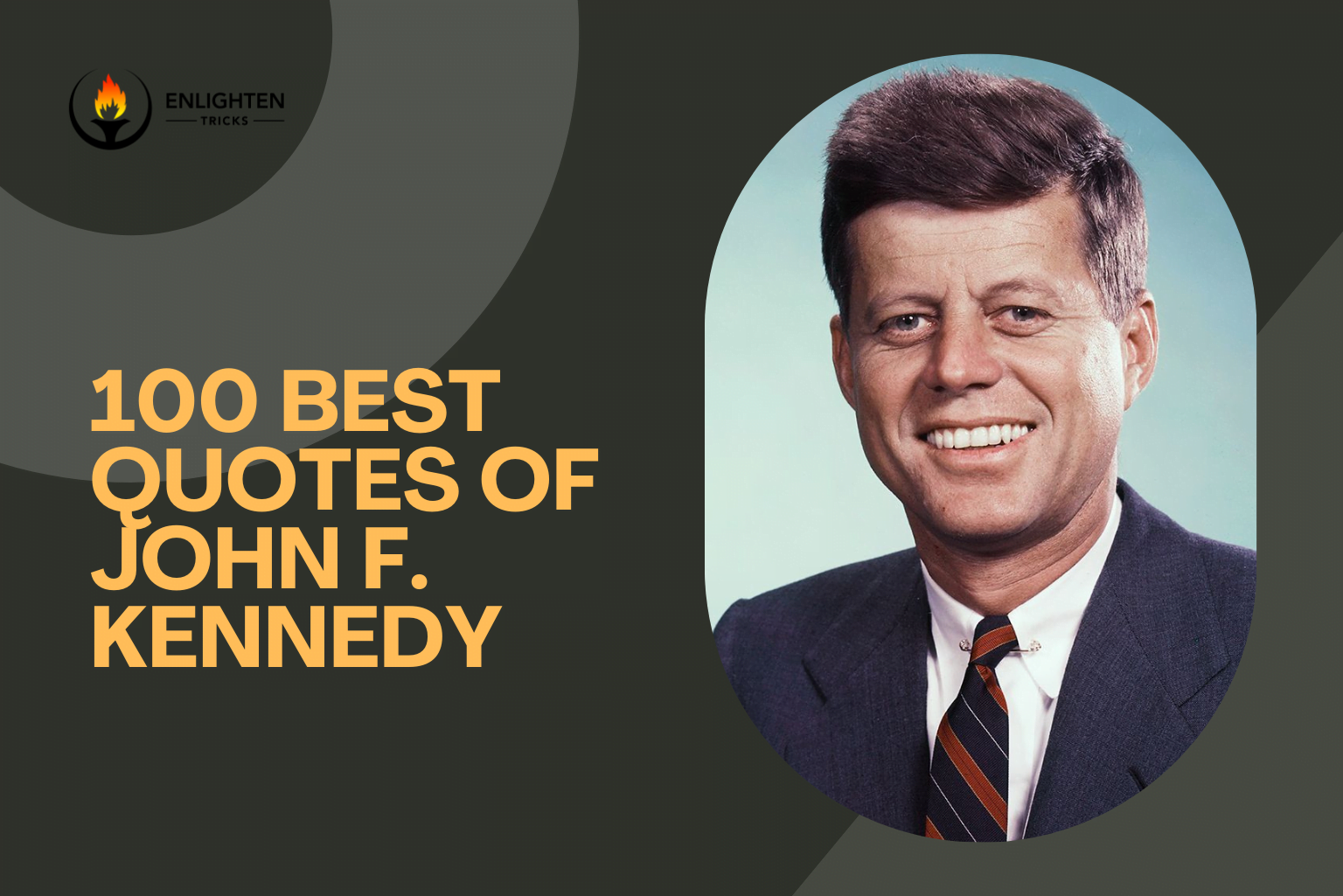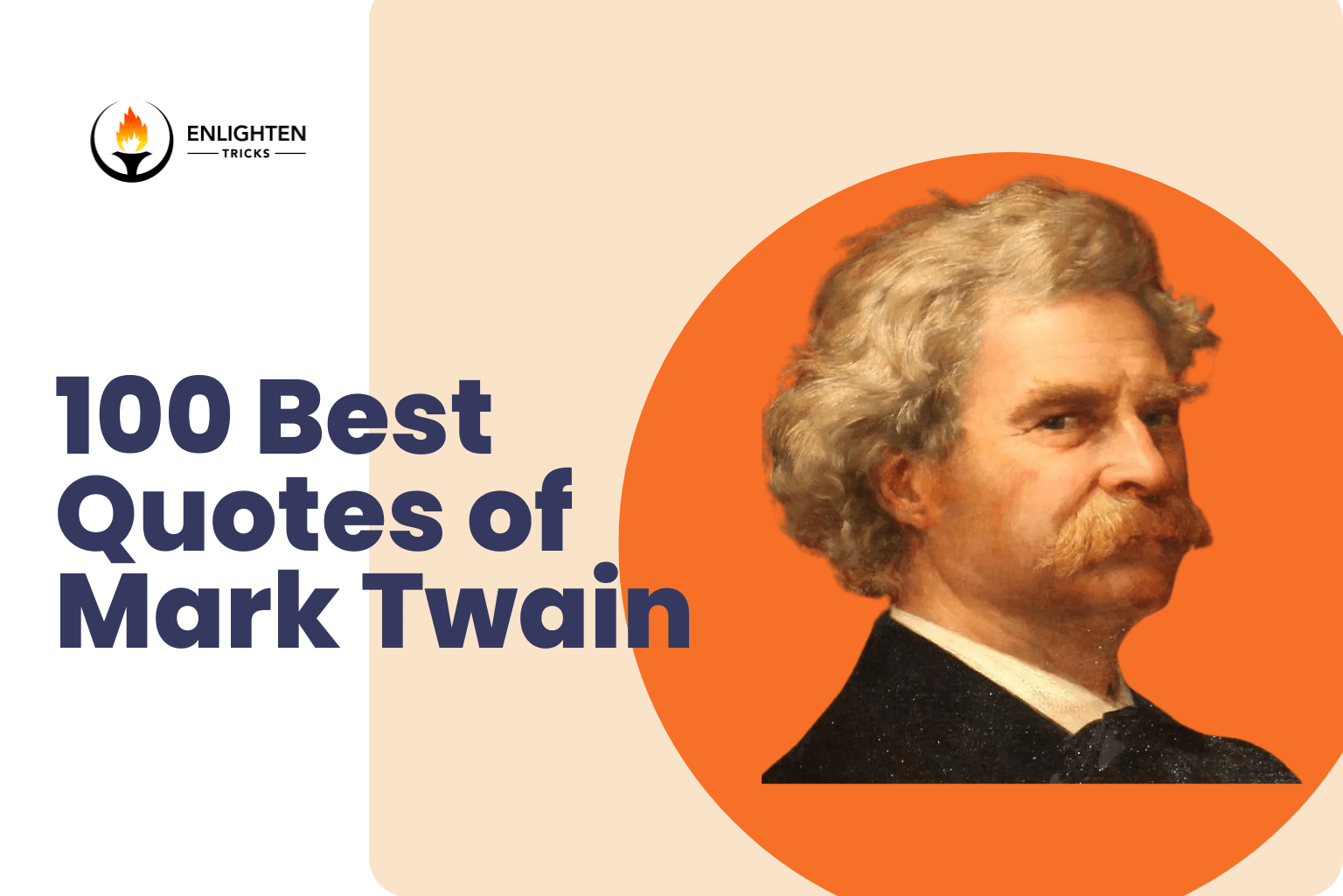Embarking on a weight loss journey is akin to setting sail on a vast ocean. The initial excitement of starting can quickly give way to the daunting realization of the discipline and persistence required. Like many, you may find your motivation ebbing and flowing, sometimes strong, sometimes barely perceptible. This blog aims to be your lighthouse, guiding you through the fog of waning enthusiasm and helping you stay the course towards your health goals.
Understanding Motivation in Weight Loss
Motivation in weight loss isn’t just a desire to see a smaller number on the scale; it’s a complex psychological state driving you towards a healthier lifestyle. It can stem from an intrinsic place – like wanting to feel more energetic or reduce health risks – or from extrinsic factors, such as looking good for an event. Consider Sarah, who started her weight loss journey to play actively with her kids without getting winded. Her intrinsic motivation – to be a more engaged parent – kept her going even on tough days.
Setting Realistic Goals
The power of setting realistic goals cannot be overstated. Imagine aiming to climb Mount Everest without prior training, a surefire recipe for disappointment. Similarly, setting unattainable weight loss goals can quickly lead to demotivation. Instead, opt for SMART goals. For instance, instead of vaguely aiming to “lose weight,” set a goal to “lose 8 pounds in two months by walking 30 minutes daily and reducing sugar intake.” These clear, achievable targets provide a roadmap and a sense of accomplishment as you tick them off.
Creating a Supportive Environment
Your environment plays a crucial role in your weight loss journey. It’s like trying to sail against the wind if your surroundings aren’t conducive to your goals. Surround yourself with supportive people – friends, family, or a weight loss group. John found his stride in weight loss when he joined a local running club, where the encouragement and camaraderie kept him going.
Developing Healthy Habits
Developing healthy habits is akin to planting a garden. It takes time, patience, and consistent care. Start small – swap soda for water, take the stairs instead of the elevator. Remember Anna, who started by walking her dog every morning, gradually increasing her distance until she was jogging. It’s about building these habits brick by brick.
Tracking Progress
Tracking your progress is your compass on this journey. It’s not just about the scale but also about how you feel and how your clothes fit. Keep a diary or use an app. Mark celebrated every 5-pound loss with a small reward, keeping his spirits high.
Finding Inspiration and Staying Positive
Inspiration can come from many sources – success stories, motivational quotes, or personal achievements. Keep a ‘motivation board’ or a journal. Laura, who lost 30 pounds, kept a journal where she wrote down positive affirmations and tracked her progress, which helped her stay positive.
Celebrating Milestones
Celebrating milestones is crucial in maintaining motivation. These celebrations need not be extravagant but should be meaningful and rewarding. For instance, treating yourself to a movie night or a favorite activity after every significant achievement, like losing 10 pounds, can boost morale. This approach transforms the weight loss journey into a series of achievable goals, each with its own reward, making the process more enjoyable and less daunting.
Adapting to Changes and Overcoming Plateaus
Weight loss is a journey filled with ups and downs. Plateaus, although frustrating, are a normal part of this journey. It’s essential to understand that during these times, reevaluating and adjusting your routine can reignite progress. For example, Alex’s incorporation of strength training when he hit a plateau is a testament to the effectiveness of adaptability. It’s about experimenting and discovering what aligns best with your body’s needs.
Long-Term Motivation and Lifestyle Change
The ultimate goal should be to foster a sustainable lifestyle change rather than focusing solely on short-term weight loss. It involves redefining one’s relationship with food and exercise, shifting towards healthier habits that last a lifetime. Megan’s story exemplifies this: her weight loss marked the beginning of a more profound commitment to overall wellness.
Understanding Your ‘Why
Identifying your core motivation or ‘why’ is a cornerstone of sustained effort. It’s the deep, personal reason that fuels your journey. Tom’s desire to stay healthy for his children is a powerful motivator. This personal connection to your goals provides strength during challenging times.
Incorporating Mindfulness and Meditation
Mindfulness and meditation are powerful tools in managing the emotional aspects of weight loss. They help in cultivating a present-minded approach towards eating and lifestyle choices. Emma’s experience demonstrates how meditation can effectively manage stress-related eating habits.
Harnessing the Power of Visualization
Visualization is a technique that involves creating a mental image of your desired future. It’s a source of inspiration and a constant reminder of the goals you’re striving towards. Jack’s visualization of completing a marathon is an example of how powerful this tool can be in achieving long-term goals.
Learning from Success Stories
Success stories are not just motivational; they are instructional. They provide insights into what worked for others, offering both inspiration and practical strategies. Engaging with these stories, whether through interviews with local fitness enthusiasts or online community discussions, can provide valuable guidance and support.
Navigating Social Situations and Peer Pressure
Staying committed to your goals in social settings is often challenging. Planning ahead is key – choosing venues with healthier options or eating a small, nutritious snack before social events can help in avoiding overindulgence. Lisa’s practice of bringing a healthy dish to gatherings is a proactive way to ensure she stays on track.
Integrating Technology and Apps for Motivation
Utilizing technology, like fitness trackers and meal planning apps, can significantly enhance your weight loss journey. They provide tangible metrics for tracking progress and can help in maintaining accountability. David’s use of a fitness app for monitoring his daily activities exemplifies how technology can be a powerful ally.
Balancing Flexibility with Discipline
A balanced approach is key. Discipline is essential, but so is flexibility. Allowing occasional indulgences can make the journey more sustainable. It’s important to remember that a single indulgent meal won’t derail your progress, just as one healthy meal won’t instantly make you fit.
Exploring Different Dietary Approaches
There’s no universal diet that works for everyone. Exploring various dietary approaches like Keto, Mediterranean, or Intermittent Fasting can help you find what resonates with your body and lifestyle. Consulting a nutritionist can provide tailored advice and support.
Engaging in Rewarding Physical Activities
Exercise should not feel like a chore. Finding physical activities that you enjoy, be it dancing, hiking, or swimming, can transform your perspective on exercise. When physical activity is enjoyable, it no longer feels like an obligation, but a part of your life you look forward to.
The Role of Self-Compassion in Weight Loss
Practicing self-compassion is vital. Weight loss is a journey filled with both successes and setbacks. Being kind to yourself, recognizing your efforts, and understanding that every step forward is progress, no matter how small, is crucial for mental and emotional well-being.
Dealing with Emotional Eating and Triggers
Identifying and understanding the triggers of emotional eating is a significant step. Once these triggers are recognized, finding healthier ways to cope, like yoga, journaling, or seeking social support, can be instrumental in changing these patterns.
Educational Insights on Nutrition and Exercise
Educating yourself about nutrition and exercise can demystify many aspects of weight loss. Understanding how your body processes different foods and burns calories empowers you to make informed decisions about your diet and exercise regime.
Celebrity and Expert Insights on Weight Loss
While celebrity stories and expert advice can offer new perspectives and motivation, it’s important to contextualize this information. What works for one person may not be suitable for another, so adapting these insights to fit your individual needs is crucial.
The Importance of Sleep and Recovery
Sleep and recovery play a critical role in any weight loss journey. They contribute to overall health and are as important as diet and exercise. Ensuring adequate rest and recovery time is essential for the body to function optimally.
Challenging Common Weight Loss Myths
Dispelling common myths and misconceptions about weight loss is necessary for a clear and focused journey. Seeking out evidence-based information and being wary of one-size-fits-all claims can help in making more informed decisions about your health.
Conclusion
Remember, weight loss is a unique journey for each individual. It’s about discovering and embracing what works specifically for you and being willing to adjust your approach as you go. Staying patient, persistent, and motivated is essential. Your health and well-being are worth every effort you put in.








